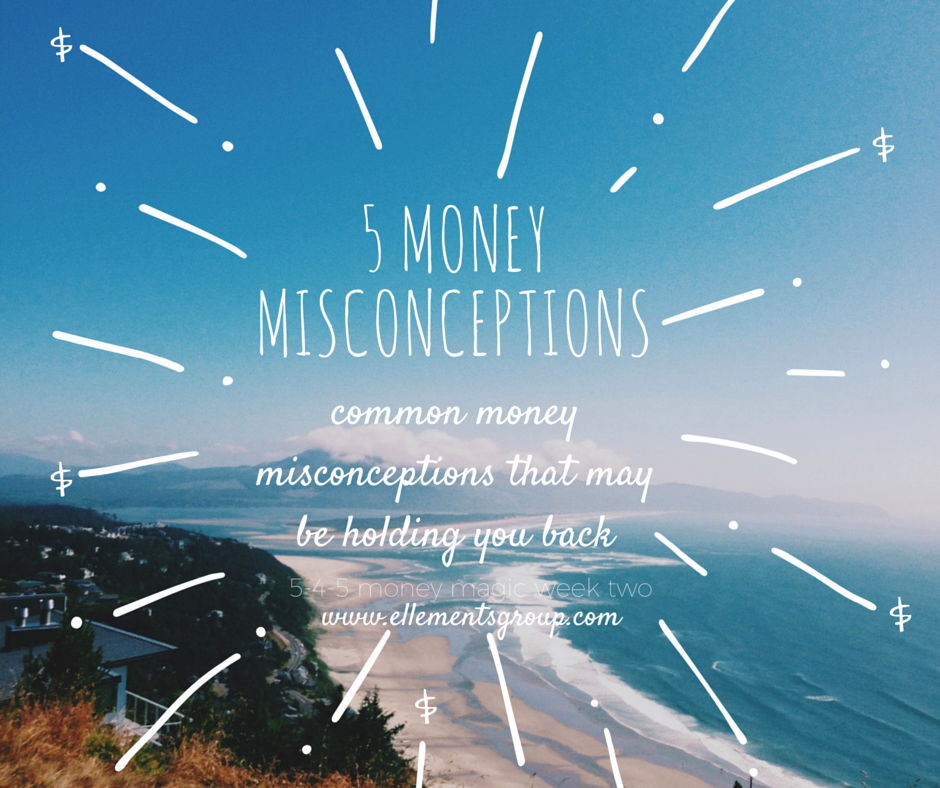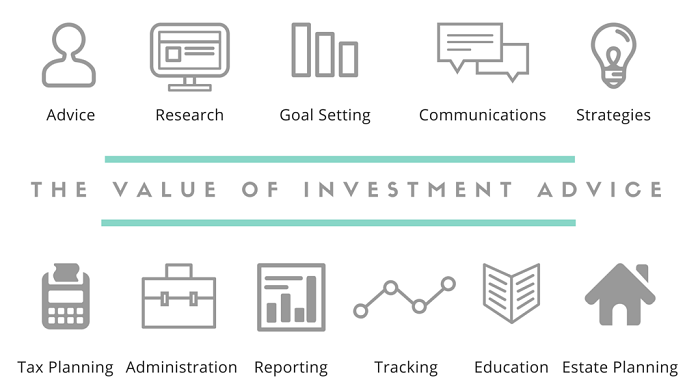I’ve spent a while searching for the 5 greatest money makeovers of all time, and couldn’t find anything that would really make a difference. While there are hundreds of tips out there to save money: like pay your insurance annually, buy energy efficient appliances, stop shopping for shoes when you have over 100 pairs (ughhh). Most tips just leave me completely uninspired.
Here are a few things that I find are more inspiring and will help you live a better financial life (however, you may need to have a proper money mindset foundation, read my 5 Money Manifests – whether making money or spending it – having the proper money mindset is key.)
1. If you Have Debt, Stop Focusing on it! Don’t spend so much time worrying. I know what we focus on will expand in our lives – for the good or bad. If all you focus on is your debt problem, I believe it will just keep compounding problems in your life. Make a plan to get out of debt and then forget about it – that’s right – forggeddaboutit. Focus on the positives, new ways of increasing your income or new business ideas, and the other part of the equation will disappear.
2. Manage Impulse Shopping. Although, I will say for women, our idea of impulse shopping is like spending $100 on ourselves, whereas our male counterparts seem to impulse shop with high ticket items (boy toys are way more expensive (electronics, cars, watches, ATV’s, anything that goes fast – Do I hear an AMEN ladies?) Instant satisfaction is here to stay – it has always been and always will be part of our challenges as human beings in all parts of our lives. What instant satisfaction does is give us a quick surge of adrenaline, and a hangover of debt in some cases. Trust me, nothing is better than an impulse shopping trip, however, if we have the money for it, it’s always sweeter. (Remember, I said manage impulse shopping not eliminate it.)
3. Start Saving. Money Preferably. (If you’re like my grandma – used zip lock bags don’t count). Just start. I don’t care how much debt you have, you need to start saving and get into that habit. And before I get the smarty pants people tell me that it makes more sense to pay down debt accumulating at 19.99% than saving money which may only get a return of anywhere from 0.4% – 10%+, I say NO! This is why I say ‘SAVE’ before pay off high interest debt (or do both simultaneously). First, it gets you in the habit (and it’s paying yourself first). It’s showing to the universe (or your intentions) that you are wanting to get ahead. Second, you are OBLIGATED to pay your minimum payment anyways, so you will keep doing it to kingdom come because you actually care about your credit rating (if you didn’t – you wouldn’t even be reading this). You will pay down and re-spend every month. I do. It’s called life and you still need a credit card. Third, they aren’t gonna give you $100,000,000 credit card. At some point, they won’t keep increasing your credit (they can’t legally anyways unless you ask) when your debt ratio and income can’t support it. So, that means your credit card limits won’t be increasing at a rate as fast as your saving will. At the end of the day, if they don’t increase your credit card limits, and you have saved/invested money religiously for years, you will have way more in the way of assets than debt, and if you wanted to get rid of that credit card, you just cash out some investments and be on your way. (Yes, not the most brilliant/easiest plan – but hey there’s a million ways to get from A to B.)
4. Plan Ahead. Most people don’t have a plan at all – just get something down on paper. Writing has magical powers (so they say) – we tend to remember it better. I dare you to try it for a month, and write it down every day and tell me your results. Even though I do it, I’m horrible at doing things every day! So I need to do this too. Write down your goals, what you want to have accomplished, and put it out there – EVERY DAY. It will come back to you.
5. Give. Giving does more for you than it does for those receiving, plus it will come back to you in some form. There is a natural law of giving- we reap what we sow, cause and effect, and dynamic exchange. Giving doesn’t always have to be money. Give of your time to volunteer, coach, and teach. If you believe it doesn’t come back to you in some form – well you just made the world a better place to be. And those treasures are more important than any physical treasure you can build up on earth. Randy Alcorn in his wonderful book, The Treasure Principle says, “The only antidote for materialism is giving.”
“When all is said and done,” says author Og Mandino, “success without happiness is the worst kind of failure.” So, buy new zip lock bags if that makes you happy.











